People have used guard dogs for a long time, like the ancient Romans and today’s police. The German shepherd, Rottweiler, and pit bull breeds are valued for being intelligent, strong, and protective.
Though often misunderstood, guard dogs are incredibly loving and loyal toward their human pack.
However, bringing one of these noble guardians into your home is a big commitment. You’ll need to provide extensive training, exercise, and socialization.
We will look at guard dog breeds’ histories, traits, care needs, and health issues. This will help you find a suitable protector.
Some popular species include the bullmastiff, Belgian malinois, and Rhodesian ridgeback.
Get insight into what makes these breeds excel as guardians and family companions. If you own a dog for the first time or have experience, this guide will help you find the perfect guard dog for your home.
These loyal breeds will become trusted protectors and family members with time, patience, and care.
Finding the Right Guard Dog Breed for You
When protecting your home and family, getting a guard dog is one of the best solutions. Guard dogs are loyal, fearless, and highly protective of their human pack.
Guard dogs are big, bark loudly, and protect your home, making burglars reconsider breaking in.
But not all guard dog breeds are created equal. Certain breeds, such as the German Shepherd and Rottweiler, make excellent guard dogs.
They are intelligent, easy to train, and protective. To find the right guard dog for your family, here’s a summary of the best breeds and what makes them great protectors.
# 1- Powerful Guard Dog Breeds: The Noble German Shepherd
Without a doubt, the German Shepherd is one of the most popular and versatile guard dog breeds.
German Shepherds are highly intelligent, easy to train, courageous, and exceedingly loyal. Their confidence, strength, and obedience make them ideal guardians and protection dogs.
German Shepherds have strong protective instincts and are naturally wary of strangers. At the same time, they form close bonds with their family.
German Shepherds can distinguish between genuine threats and average visitors or activity when trained and socialized.
When a real danger comes, they will act quickly and use their size, speed, and loud bark to scare away intruders and protect their families.
History: Developed in Germany in 1899, initially for herding. These dogs are intelligent and easy to train, so they are popular as police, military, and guard dogs.
Good Traits: Extremely intelligent, eager to please, loyal, courageous.
Bad habits: Can develop when not enough mental and physical stimulation is provided. These habits may include separation anxiety and compulsive behaviors.
Health Issues: Hip and elbow dysplasia, degenerative myelopathy.
Care Tips:
- Require substantial daily exercise and mental stimulation.
- Benefit from professional training.
- Need dedicated time to socialize and bond with family.
# 2- Powerful Guard Dog Breeds: Doberman Pinscher
A deep, menacing growl in the darkness. The heavy padding of footsteps on your front porch.
You can pick a big 400-pound bullmastiff, Brutus, or a watchful Doberman pinscher. They are both ready to protect your home from intruders.
Guard dogs are often misunderstood. However, they are earnest about protecting their families from danger.
People have used guard dogs for centuries, from the ancient Romans to today’s police. Intelligent, strong, and protective – German shepherds, Rottweilers, Doberman pinschers, and pit bulls are valued dogs.
Though often misunderstood, guard dogs are incredibly loving and loyal toward their human pack.
However, bringing one of these noble guardians into your home is a big commitment. You’ll need to provide extensive training, exercise, and socialization.
We will explore popular guard dog breeds’ histories, traits, care needs, and joint health issues. This will help you find the perfect protector.
Some examples include the bullmastiff, Belgian Malinois, Rhodesian Ridgeback, and Doberman Pinscher.
Get insight into what makes these breeds excel as guardians and family companions. If you’re new to owning dogs or have experience, this guide will help you find the perfect guard dog for your home.
These loyal breeds become trusted protectors and beloved family members with time and care.
History: In the late 1800s, Karl Friedrich Louis Dobermann made a wise and robust guard dog in Germany. Quickly became popular as police and military dogs.
Good Traits: Energetic, loyal, highly trainable, and intelligent. Excellent guarding instincts and protection.
Bad Habits: May show aggression and become destructive if not exercised and stimulated mentally. Prone to compulsive behaviors like tail chasing.
Health Issues: Cardiomyopathy, cervical vertebral instability, Von Willebrand’s disease, hip dysplasia.
Care Tips:
- Require substantial daily mental and physical exercise.
- Respond best to confident, consistent training.
- Need early and extensive socialization.
- Do best with a job or purpose.
# 3- Powerful Guard Dog Breeds: The Rottweiler – A Robust Guard Dog
Rottweilers are excellent guard dogs because they are strong, significant, and good at guarding.
They are calm and confident but will protect their household from intruders. Rottweilers bond closely with their families, especially children, and have strong territorial instincts.
Rottweilers are intelligent and obedient, making them easy to train as guard dogs. With proper training and socialization, Rottweilers can learn to be protective only when necessary.
Their strength, bravery, and trainability make them one of the premier guard dogs available today.
History: Descended from Roman drover dogs, developed in Germany to drive and guard cattle. Popular as police and military dogs.
Good Traits: Confident, loyal, highly intelligent, and trainable.
Bad habits: Can lead to aggression and guarding tendencies without proper training and socialization.
Health Issues: Hip dysplasia, osteosarcoma.
Care Tips: Require extensive socialization, firm leadership, and obedience training. Need at least 60 minutes of daily exercise.
# 4- Powerful Guard Dog Breeds: The Bullmastiff – A Formidable Family Protector
The Bullmastiff was first bred in England. It was produced to protect large estates and game preserves.
Breeders made the Bullmastiff by crossing the strong Mastiff with the smart Bulldog. The dog was strong and loyal, with a fearless nature and solid territorial instincts.
A well-trained Bullmastiff uses its enormous size and loud bark to scare away intruders. Bullmastiffs are calm and can live peacefully with guests and residents in the home.
However, when this breed detects a genuine danger, they will swiftly shift into protective mode. They fearlessly safeguard their family and home.
The Bullmastiff is a top guard dog breed because it is devoted, brave, and strong. Just their presence can make criminals think twice before targeting your home.
History: Created by 19th-century English gamekeepers to pin and guard poachers.
Good Traits: Devoted, calm, loving with family. Determined guardians.
Bad Habits: Be stubborn and highly food-motivated, requiring vigilance around meals.
Health Issues: Hip and elbow dysplasia, bloat.
Care Tips: Gentle but consistent training is needed. Do well in apartments with moderate exercise.
# 5- Powerful Guard Dog Breeds: The Giant Schnauzer – A Formidable Protector
Don’t be fooled by their furry beards and funny eyebrows – Giant Schnauzers are fantastic guard dogs.
Behind their fun-loving exterior lies an intelligent, dominant, and protective breed. Giant Schnauzers are loyal to their family but wary of strangers.
Giant Schnauzers are great at scaring off intruders because they are big, loud, and alert. Their high working drive makes it easy to train in guarding, protection work, and search and rescue tasks.
Giant Schnauzers are very protective and will protect your property, watching for anything unusual.
The Giant Schnauzer is bold and fearless when protecting their family and home. Their robust body and cautious nature towards strangers make them valuable as guard dogs.
History: Developed in 17th century Germany as an all-purpose farm dog and guard.
Good Traits: Intelligent, energetic, loyal to family. Excellent guarding instincts.
Bad Habits: Can be overly suspicious of strangers without proper socialization. Prone to boredom.
Health Issues: Hip and elbow dysplasia, eye issues, cancer.
Care Tips: Require at least 60 minutes of vigorous daily exercise. Need training, socialization, and “jobs” to prevent problem behaviors.
More Top Guard Dog Breeds
Here are some more excellent guard dog breeds that new dog owners should consider besides the top four species we already covered.
# 6- Powerful Guard Dog Breeds: Rhodesian Ridgeback
Originally from Africa, this muscular breed was used to hunt lions and guard homes. Ridgebacks are territorial, protective, and suspicious of strangers. They are also energetic, intelligent, and deeply devoted to their family.
History: Bred in Africa to guard property and hunt large game like lions.
Good Traits: Intelligent, strong, brave, dignified. Devoted to family.
Bad Habits: Strong prey drive makes them prone to chasing smaller pets if not socialized.
Health Issues: Dermoid sinus, hip dysplasia.
Care Tips: Need substantial daily exercise. Does best with a large yard. Require training and socialization.
# 7- Powerful Guard Dog Breeds: Belgian Malinois
Belgian Malinois are often police and military dogs because they are alert, confident, and protective.
They form close bonds with their handler and need extensive training and socialization. When properly trained, Belgian Malinois make attentive and formidable guard dogs.
History: Bred in Belgium as an energetic herding dog. Now famous for police and military work.
Good Traits: Confident, highly intelligent, eager to work, very trainable.
Bad Habits: Prone to separation anxiety and hyperactivity without enough activity and training.
Health Issues: Hip and elbow dysplasia, eye problems.
Tips for Care: You need lots of socialization, strong leadership, and at least 2 hours of daily exercise and training.
# 8- Powerful Guard Dog Breeds: Boxer
Boxers are revered for their bravery, energetic spirit, and loyalty. They are very protective and wary of strangers yet gentle and affectionate with family.
Boxers love children and will fearlessly defend them from any perceived threats. Security dogs are excellent because they are protective, strong, and agile.
History: Developed in Germany by crossing Bullenbeisser and English bulldogs. Used as a guard, military, and police dog.
Good Traits: Energetic, loyal, loving, playful. Fearless guardians.
Bad Habits: Rowdy behavior is not exercised adequately. It may be headstrong.
Health Issues: Cancer, heart conditions, hip dysplasia.
Care Tips: Need at least 60 minutes of challenging exercise daily. Respond best to positive reinforcement training.
# 9- Powerful Guard Dog Breeds: Cane Corso
The Italian breed is confident and watchful, making them excellent guard dogs. Cane Corsos are traditionally farm guardians.
They are territorial, intuitive, and brave in the face of danger. Despite their intimidating appearance, Cane Corsos bonded closely with their families, especially children.
History: Ancient Italian breed used to guard property and hunt wild boar.
Good Traits: Even-tempered, confident, trainability. Very protective.
Bad Habits: Can be domineering and overly suspicious without early socialization.
Health Issues: Hip dysplasia, eyelid abnormalities.
Care Tips: Require consistent, firm leadership and training. Need daily moderate exercise.
# 10- Powerful Guard Dog Breeds: Staffordshire Bull Terrier
Staffordshire Bull Terriers may have a bad reputation but are very loving and gentle with their family.
Their protective instincts are unmatched. Staffordshire Bull Terriers are small but brave and fearlessly confront any danger.
This natural bravery, combined with their strength and loyalty, makes them devoted guard dogs.
History: Bred from bulldogs and terriers for bull baiting in England. Affectionate companions and guardians.
Good Traits: Courageous, tenacious, very loyal, and loving with family.
Bad Habits: Dog aggression issues if not socialized carefully. High prey drive.
Health Issues: Patellar luxation, skin allergies.
Care Tips: Benefit from early socialization and obedience training. Need mental and physical exercise daily.
# 11- Powerful Guard Dog Breeds: Akita
As a Japanese breed, Akitas are independent and have innate protectiveness, making them standout guard dogs.
They are profoundly loyal and will put themselves in harm’s way to protect their loved ones. Akitas can differentiate between threats and regular visitors with proper training and socialization.
History: Ancient Japanese breed used to guard royalty and hunt large game.
Good Traits: Calm, profoundly loyal, dignified. Courageous guardians.
Bad Habits: Aggression issues and intolerance of other animals if not socialized early.
Health Issues: Hip dysplasia, immune disorders, bloat.
Care Tips: Require extensive exposure to people and animals as puppies. Need firm leadership and training.
# 12- Powerful Guard Dog Breeds: Chow Chow
Chow Chows have a classy and strong presence that naturally scares away intruders. This Chinese breed is very close to their family but is reserved and distrustful of strangers.
Though they have an aloof exterior, Chow Chows are incredibly protective of their loved ones. Their devotion and discerning nature allow them to be excellent guardians.
History: Ancient Chinese breed used to guard temples and hunt.
Good Traits: Loyal, discerning, independent. Naturally protective.
Bad Habits: Aloof with strangers. Can be aggressive without socialization.
Health Issues: Hip and elbow dysplasia, skin conditions.
Care Tips: Require early and extensive socialization. Do best with calm but firm training.
# 13- Powerful Guard Dog Breeds: Pit Bull
Despite false stereotypes, Pit Bulls feel an unwavering loyalty to their owners. They have a high pain tolerance and prey drive that makes them willing to face any threat to their family.
Pit Bulls are valued as guard dogs because they are protective, strong, and have a powerful grip. Their bravery is unmatched.
History: Bred from bulldogs and terriers for bull baiting. Loyal family companions and guard dogs.
Good Traits: Affectionate, energetic, courageous. Eager to please owners.
Bad Habits: Dog aggression if not carefully socialized. Determination makes them hard to re-train if handled poorly.
Health Issues: Hip dysplasia, skin allergies, cardiomyopathy.
Care Tips: Require thorough socialization, training, and daily exercise. Do best with confident leadership.
# 14- Powerful Guard Dog Breeds: Great Dane
Do not mistake their gentle nature at home – Great Danes have true guarding abilities. Their enormous size, coupled with their deep, intimidating bark, can deter intruders easily.
Great Danes are affectionate with family but wary of strangers, making them attentive, observant guard dogs.
History: Developed in Germany to hunt wild boar and guard estates.
Good Traits: Patient, friendly, devoted to family. Intimidating guardians.
Bad Habits: Potential for anxiety and destructive behaviors without enough exercise.
Health Issues: Bloat, cardiomyopathy, hip dysplasia.
Care Tips: Require at least 60-90 minutes of daily exercise. Respond best to positive reinforcement training.
# 15- Powerful Guard Dog Breeds: Briard
This French herding breed is known for its loyalty, intelligence, and bravery. Briards protect their space and family, making great guard dogs.
Briards were once used as guards by the French army. They are brave, active, and loyal pets.
History: Ancient French herding breed that served as sentry dogs in WWI.
Good Traits: Loyal, intelligent, upbeat, energetic. Natural protectiveness.
Bad Habits: Wariness around strangers if not properly socialized.
Health Issues: Hip dysplasia, bloat.
Care Tips: Require obedience training, socialization, and daily vigorous exercise. Do best with a job to focus their energy.
Finding the Right Guard Dog For You
Guard dogs can provide unparalleled protection for your home and family. But it’s essential to pick the right breed for your unique needs.
When choosing a guard dog breed, think about your lifestyle, household size, energy level, and experience with dogs.
Proper training and socialization are also vital, no matter which breed you choose. Finding the ideal guard dog gives you a devoted protector and beloved family companion.
Conclusion
Guard dogs have been protecting homes and families for centuries. Guard dog breeds such as German Shepherds, Rottweilers, and Bullmastiffs are unbeatable protectors when trained and socialized well.
They are also incredibly loyal. With their keen senses, intimidating presence, and fearless nature, guard dogs can deter crime and give homeowners peace of mind.
If you want to protect your home, getting one of the top guard dog breeds is the best option.
These noble breeds will become trusted protectors and beloved family members with time and proper handling.
Frequently Asked Questions
Q: Are guard dogs safe to have around children?
A: Guard dog breeds can do very well with children if correctly socialized and trained. Strong guard dogs like the German Shepherd are often incredibly gentle and affectionate with kids. It’s critical to teach children how to respectfully interact with dogs. Always supervise play and teach kids not to tease or bother a resting guard dog.
Q: How much exercise does a guard dog need daily?
A: Most guard dog breeds have high energy levels and need substantial daily exercise to prevent boredom and frustration. On average, guard dogs require 60-90 minutes of exercise and robust daily play. Running, hiking, fetching, and training exercises are great for guard dogs.
Q: What’s the best way to train a guard dog?
Providing professional training and raising a well-adjusted guard dog is essential. This training should focus on obedience, socialization, and developing your leadership as the “pack leader.” Seek out trainers experienced with protection dogs and guarding breeds. Be patient – training takes consistency and time but is highly worthwhile.
Q: Are male or female guard dogs better?
Male and female guard dogs have similar abilities when it comes to guarding. Both genders are devoted, protective, and loyal. Focus on choosing a dog with the right temperament for guard work rather than its gender. Be sure to spay/neuter your dog unless you plan to professionally breed.
Q: How much does it cost to own a guard dog?
A: Buying or adopting a dog is often the lowest cost. Your guard dog will cost you $1,500 or more every year. This includes food, supplies, vet care, training, licenses, and other ongoing expenses. Guard dog breeds are worth the investment for their security and companionship.
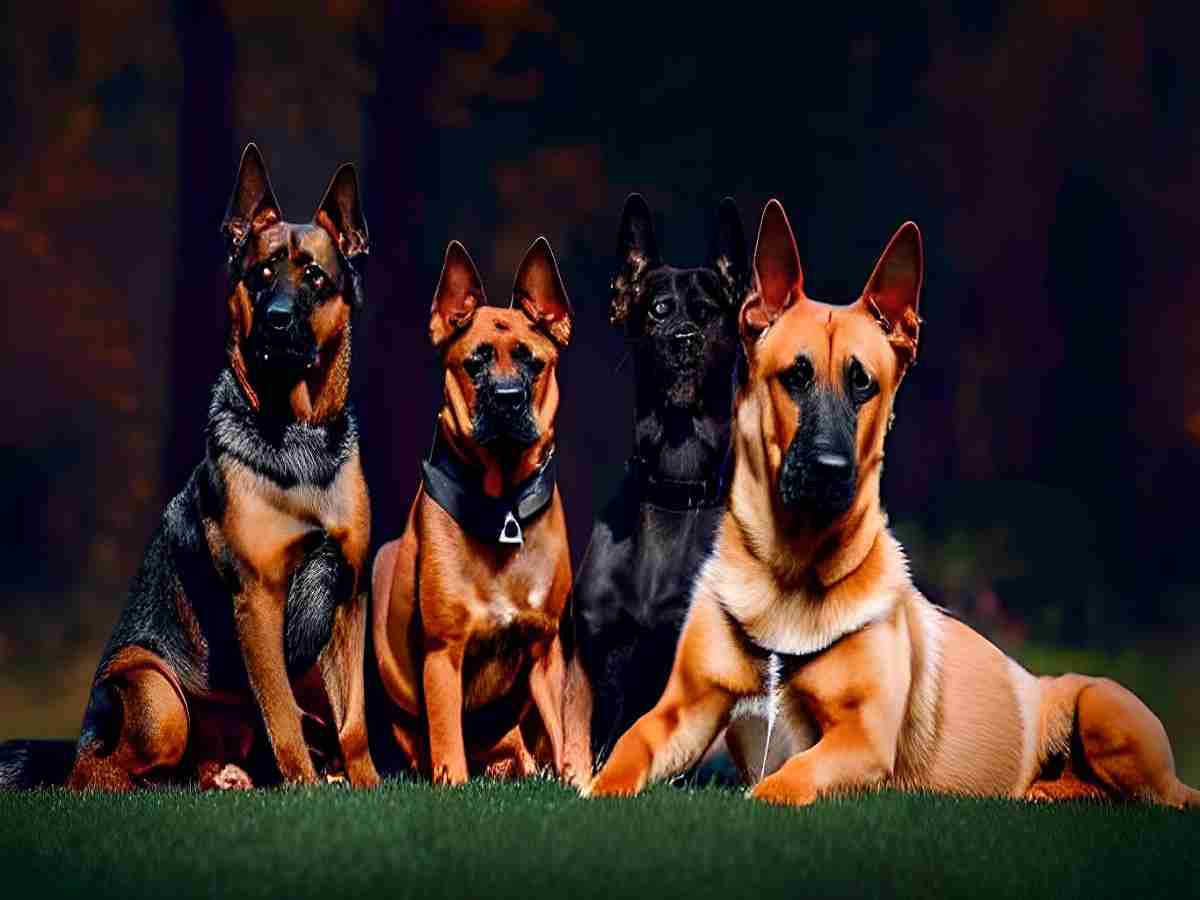
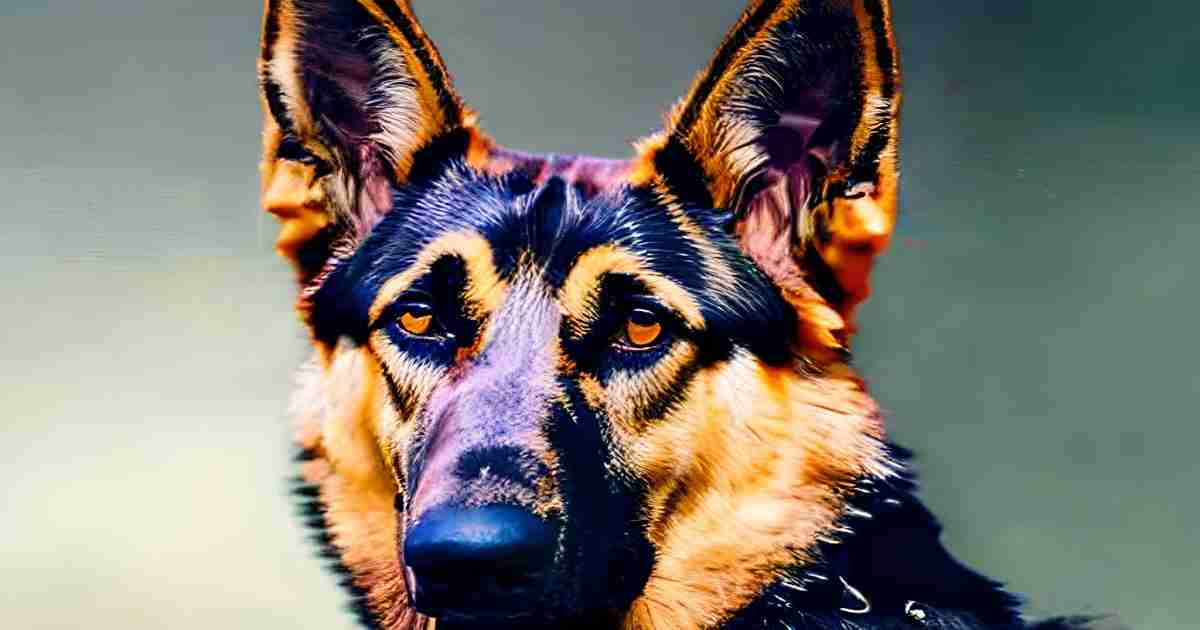
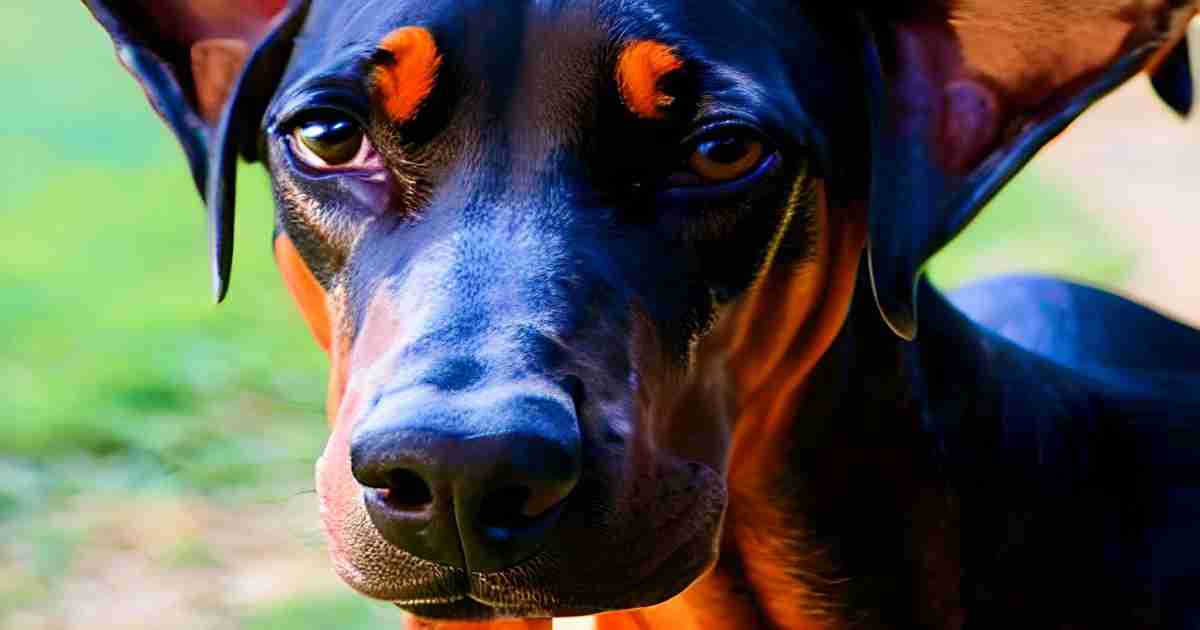
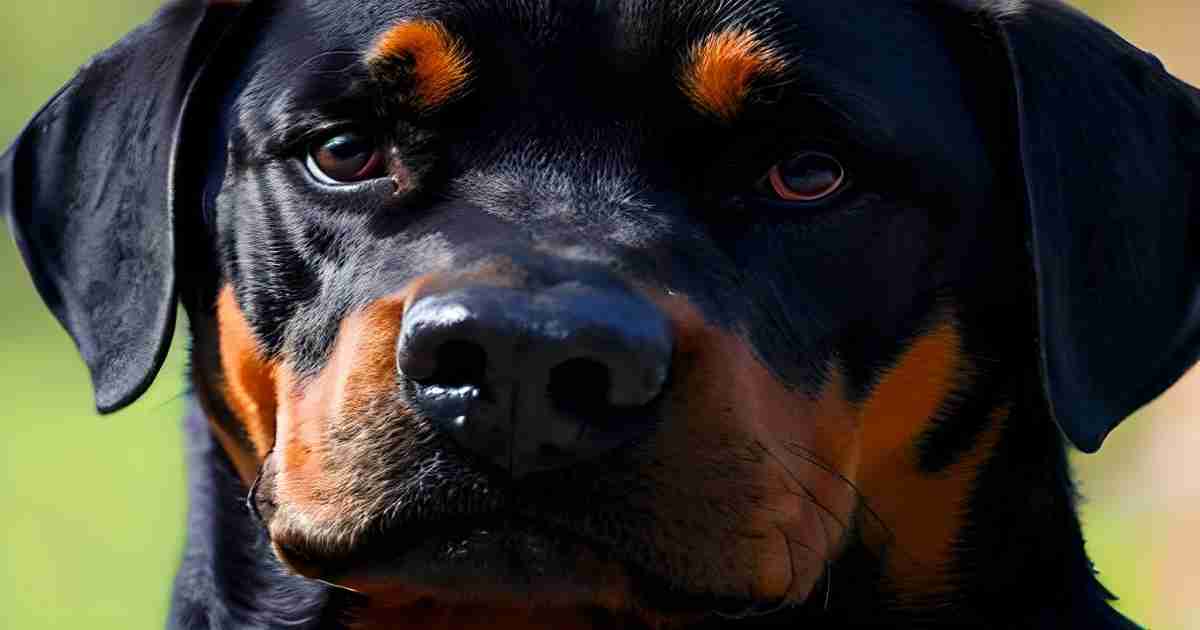
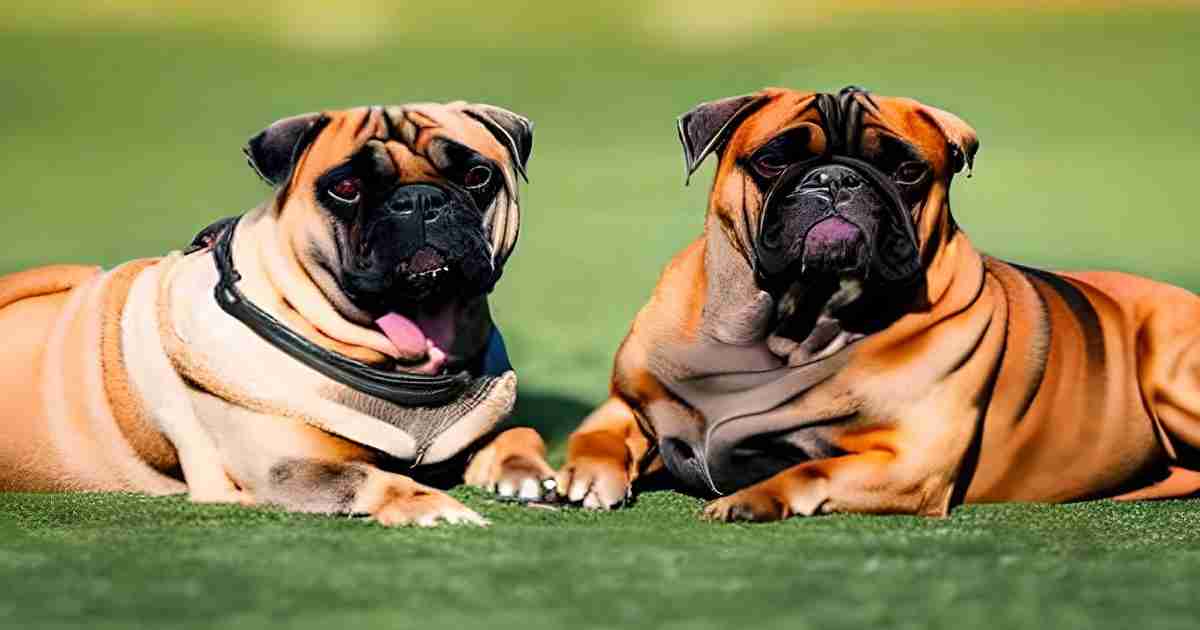
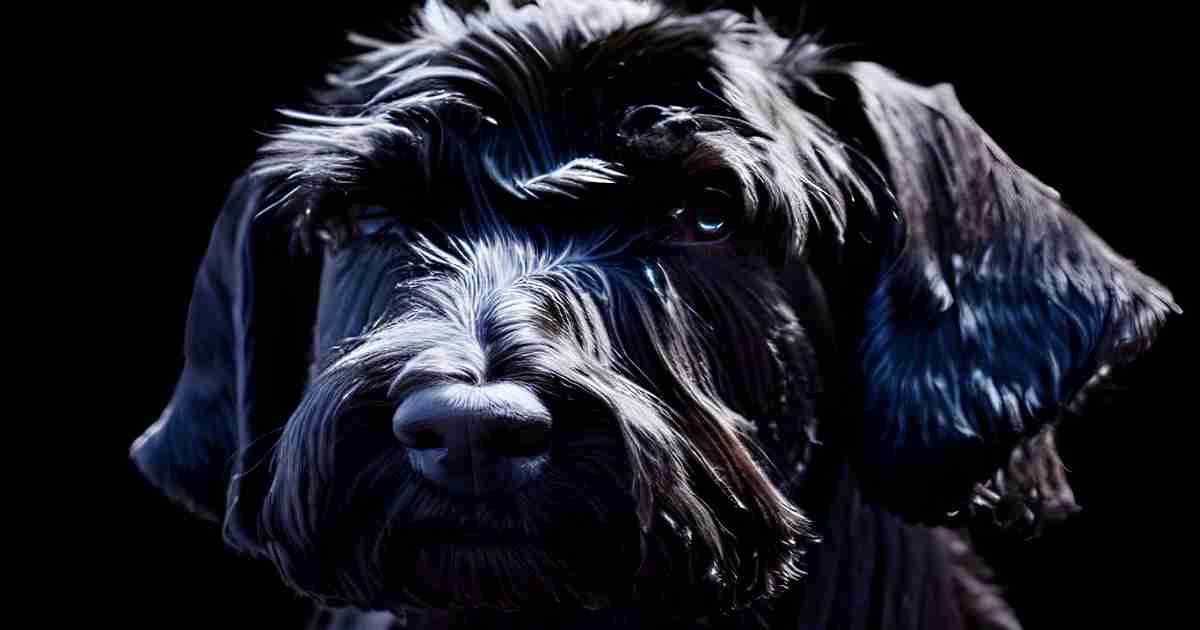
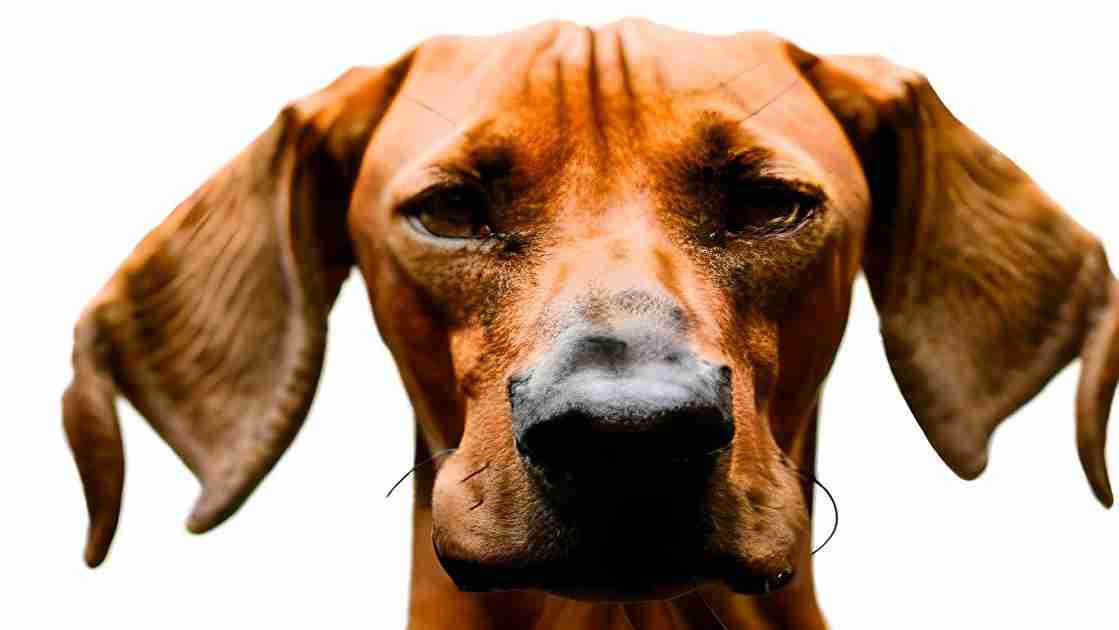
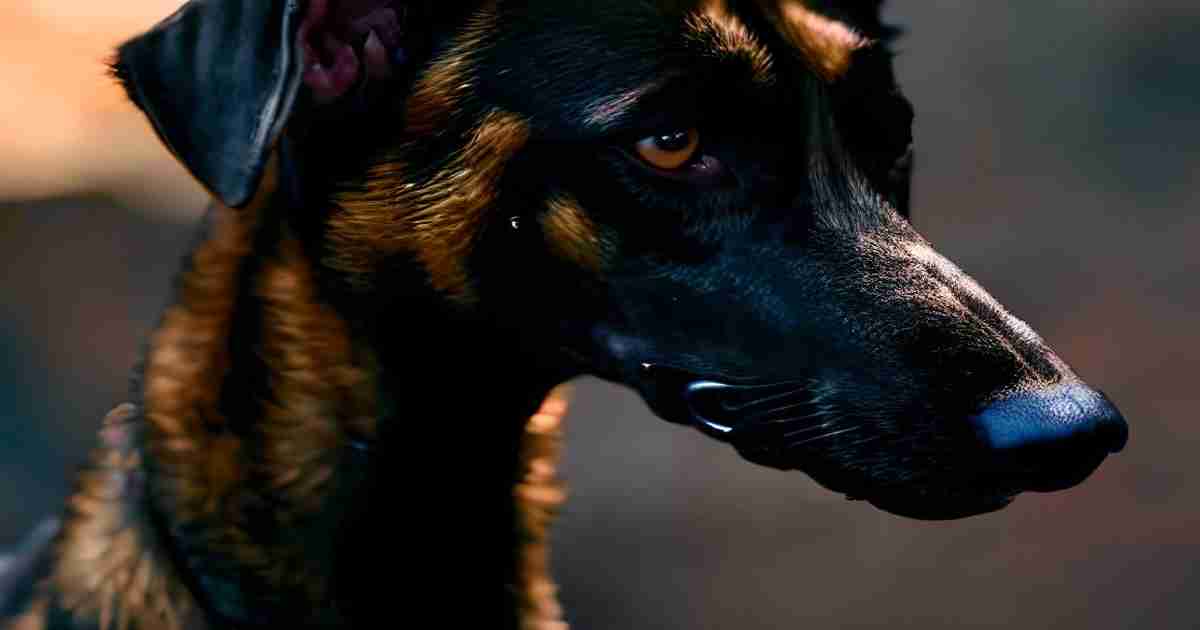
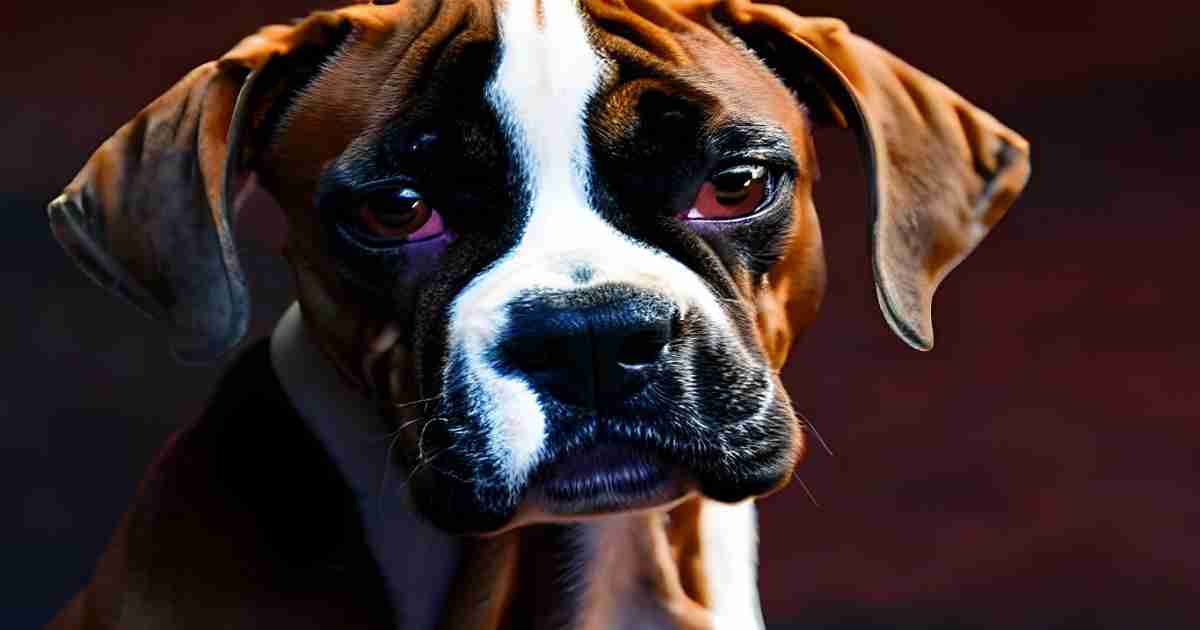
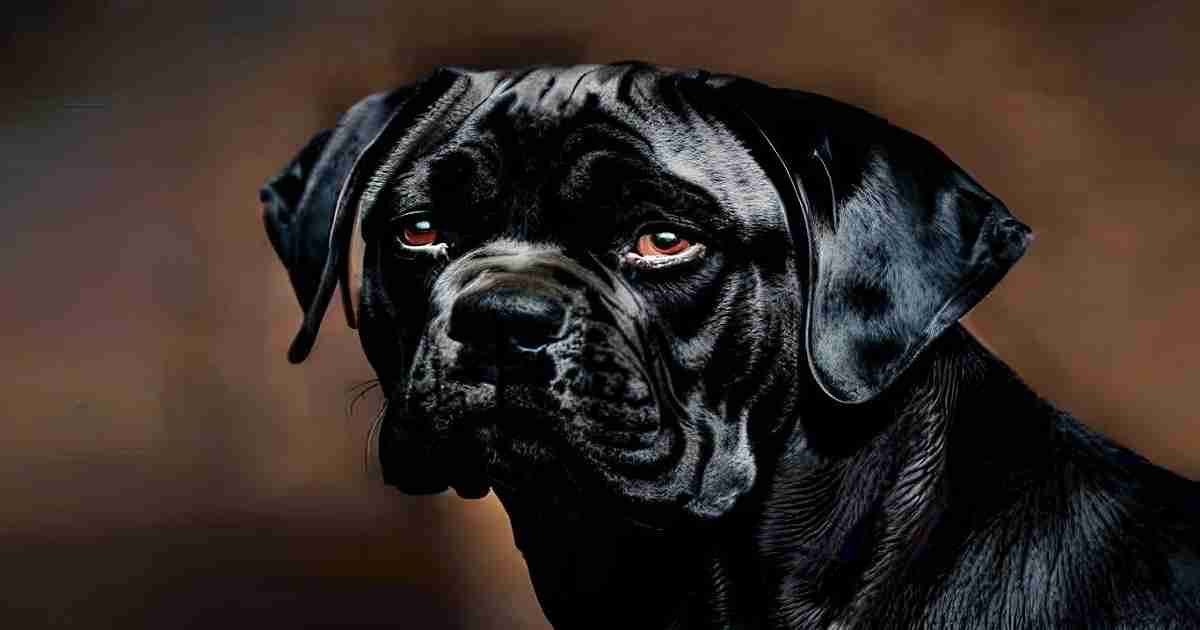
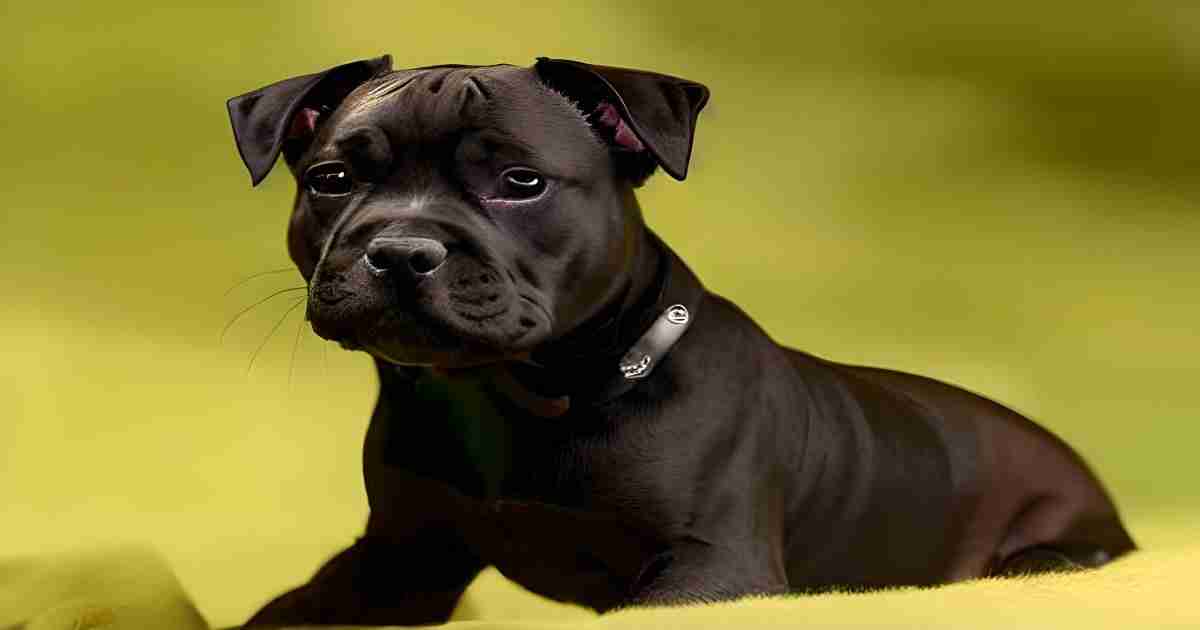
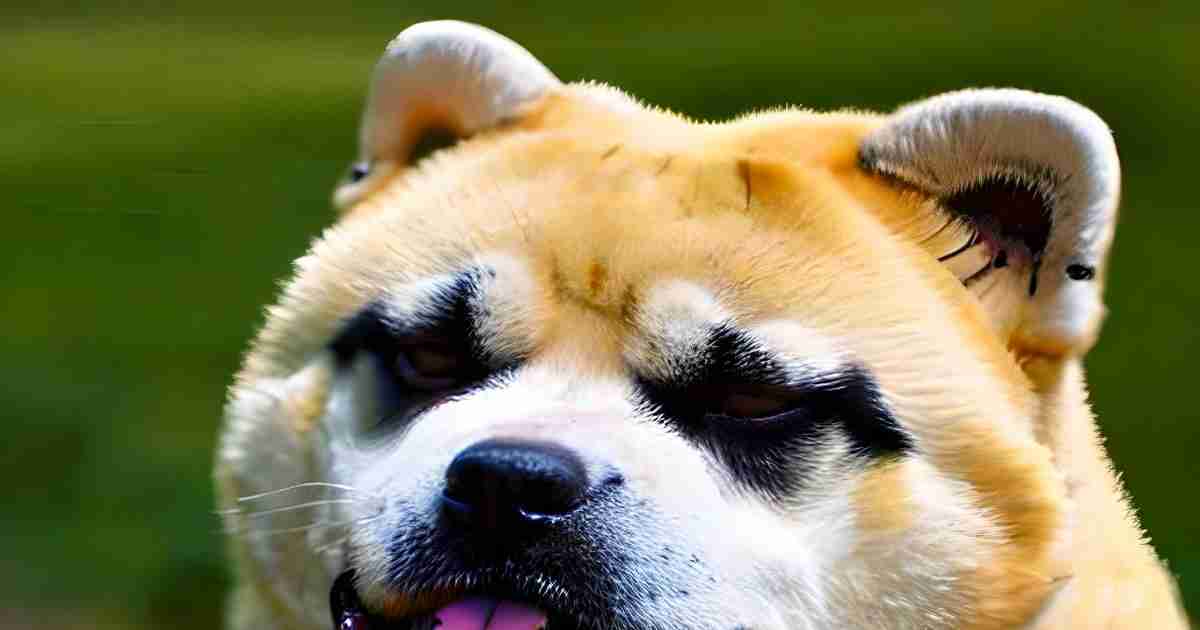
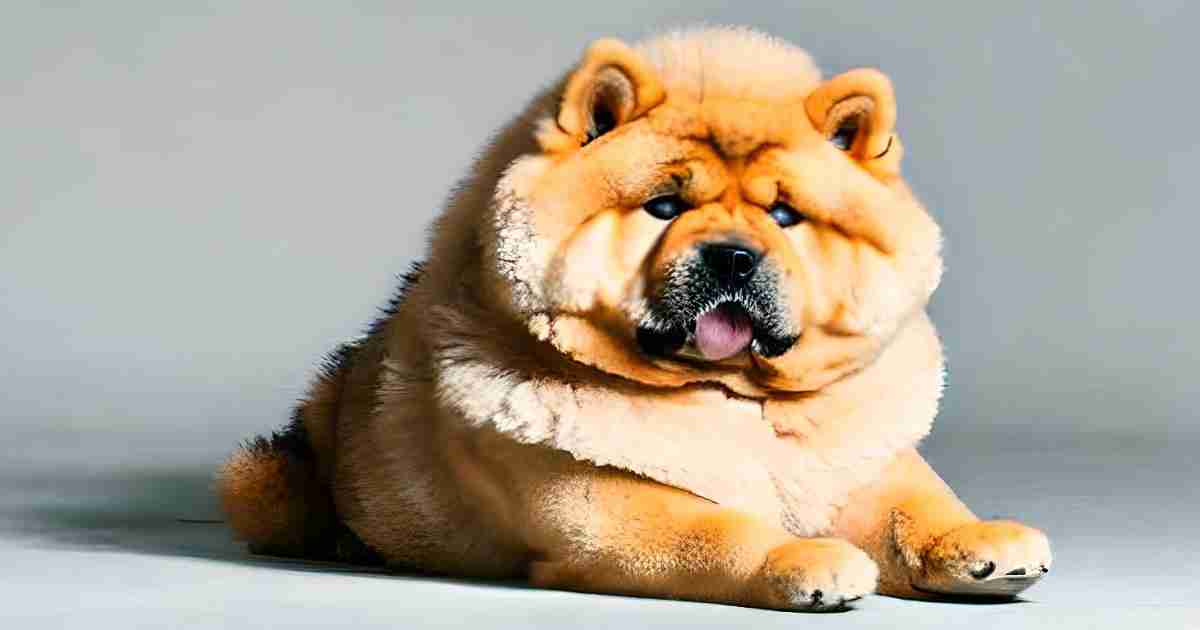
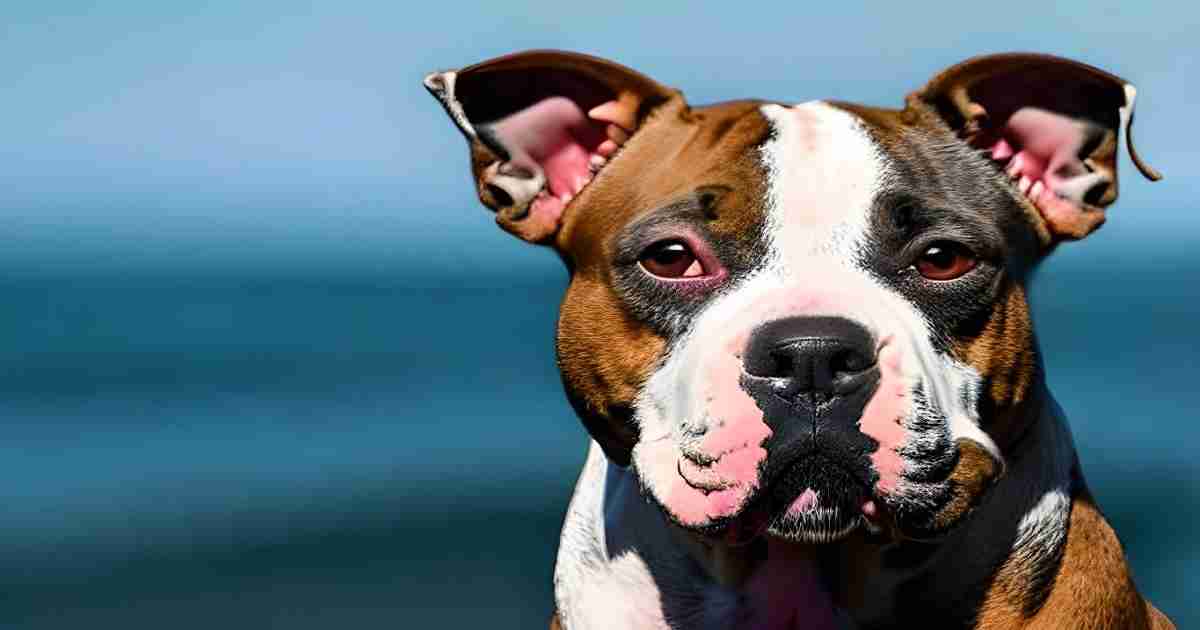
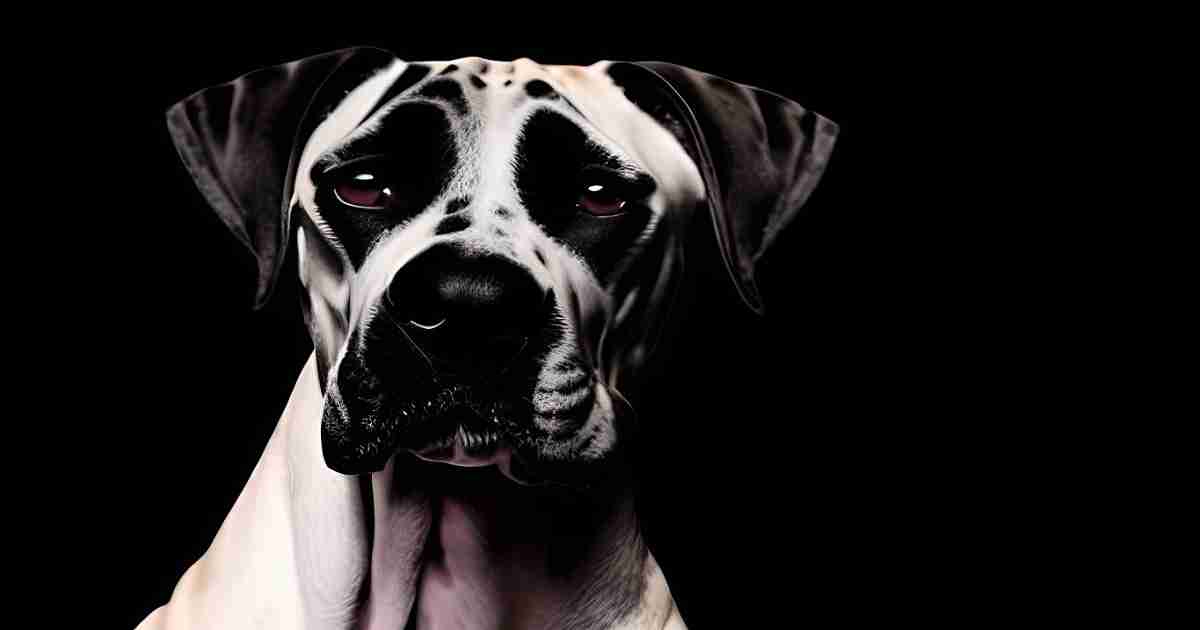
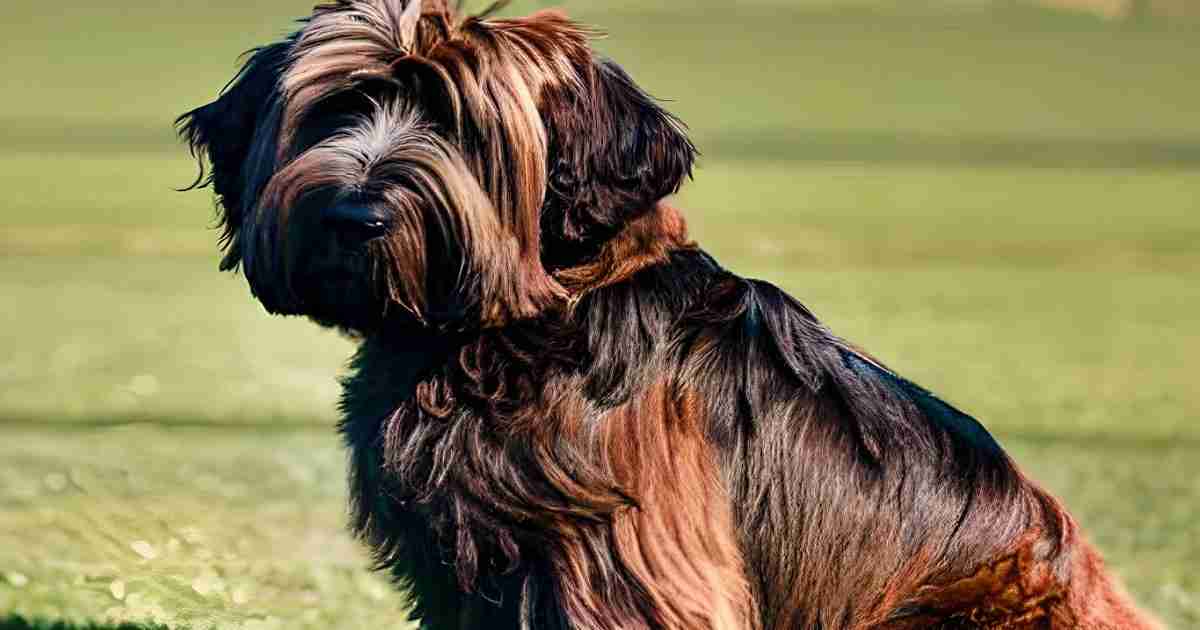


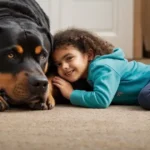
6 thoughts on “Boost Your Home Security With These 15 Powerful Guard Dog Breeds”